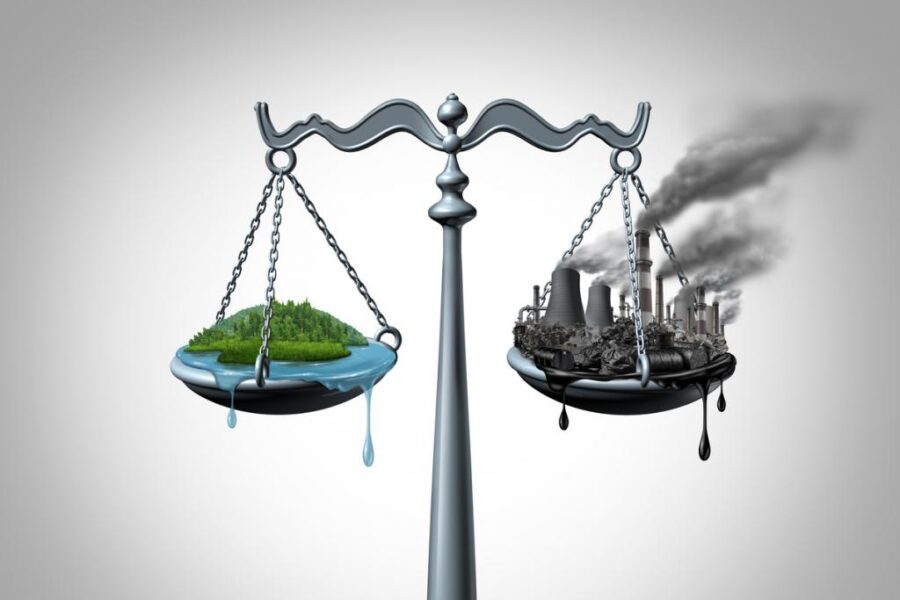Entertainment law is a dynamic and multifaceted area of legal practice that intersects with various industries, including film, television, music, gaming, and digital media. As the entertainment landscape continues to evolve with technological advancements and shifting societal norms, legal professionals specializing in this field play a crucial role in safeguarding the rights of creators, performers, producers, and consumers alike.
Core Areas of Entertainment Law
- Intellectual Property (IP) Protection
At the heart of entertainment law lies the protection of intellectual property rights. This encompasses:
- Copyright Law: Safeguarding original works of authorship, such as scripts, music compositions, and audiovisual productions.
- Trademark Law: Protecting brand identities, including logos, titles, and character names.
- Right of Publicity: Ensuring individuals’ control over the commercial use of their names, images, and likenesses.
Recent cases highlight the importance of these protections. For instance, Universal Pictures has taken a proactive stance against unauthorized AI usage by incorporating legal warnings in its films, emphasizing the potential civil or criminal consequences of such actions .
- Contractual Agreements
Entertainment professionals often engage in complex contractual relationships. Key agreements include:
- Talent Contracts: Outlining the terms of employment for actors, musicians, and other performers.
- Licensing Agreements: Defining the terms under which intellectual property is used by third parties.
- Distribution Agreements: Detailing how and where content will be made available to the public.
Disputes arising from these contracts can lead to significant legal battles. For example, Blake Lively’s legal feud with co-star Justin Baldoni over allegations of sexual harassment and a hostile work environment underscores the critical nature of clear and enforceable agreements in the entertainment industry .
- Employment and Labor Law
The entertainment industry employs a diverse workforce, from on-screen talent to behind-the-scenes crew. Legal issues in this domain include:
- Employment Classification: Determining whether individuals are employees or independent contractors.
- Wage and Hour Laws: Ensuring fair compensation for work performed.
- Workplace Safety: Addressing concerns related to physical and psychological well-being on set.
The case of actress Shwetha Menon, who faced charges for allegedly transmitting obscene material, highlights the intersection of entertainment law with broader societal issues and the importance of due process .
- Defamation and Reputation Management
In the public eye, individuals’ reputations are invaluable assets. Legal professionals in entertainment law frequently address defamation claims, which can arise from:
- False Statements: Unsubstantiated allegations or rumors.
- Invasion of Privacy: Unauthorized disclosures of personal information.
- Misrepresentation: False portrayal of an individual’s actions or character.
Rebel Wilson’s legal challenge, where she faces a defamation claim for allegedly fabricating sexual misconduct claims, exemplifies the delicate balance between free speech and protecting individuals from harm .
- Digital Media and Technology
The rise of digital platforms has transformed content creation and distribution. Legal considerations in this realm include:
- Streaming Rights: Negotiating terms for content availability on platforms like Netflix and YouTube.
- Data Privacy: Protecting user information in compliance with regulations.
- Cybersecurity: Safeguarding against unauthorized access to digital content.
The increasing reliance on artificial intelligence in content creation, as seen with platforms like Showrunner and AI-assisted productions, raises new legal questions about authorship, liability, and intellectual property rights .
Emerging Trends and Legal Challenges
The entertainment industry is continually adapting to new technologies and societal shifts. Current legal challenges include:
- Artificial Intelligence and Copyright: Debates over whether AI-generated content infringes upon existing copyrights.
- Social Media Influencers: Legal issues related to endorsements, advertising disclosures, and intellectual property rights.
- Global Distribution: Navigating international laws and regulations concerning content distribution and censorship.
Conclusion
Entertainment law serves as the legal backbone of the creative industries, ensuring that the rights of creators and consumers are protected while fostering innovation and artistic expression. As the industry continues to evolve, legal professionals must remain vigilant and adaptable, addressing new challenges and opportunities in this ever-changing landscape.
CONTRIBUTED BY : ANSHU (INTERN)

